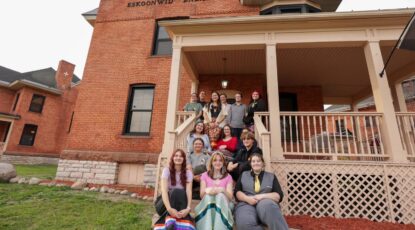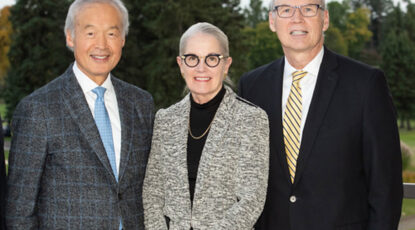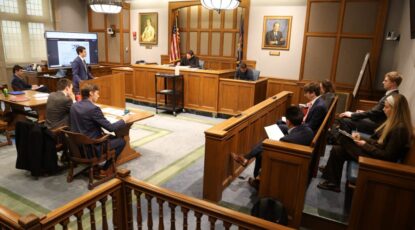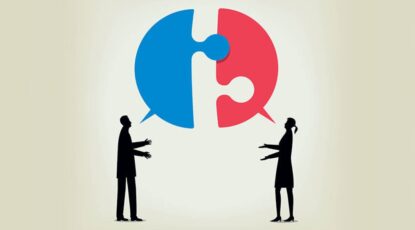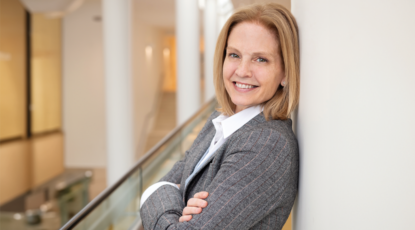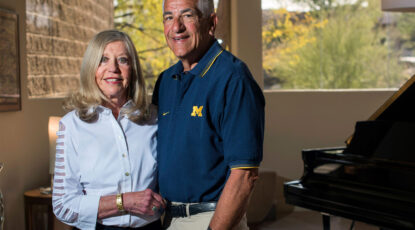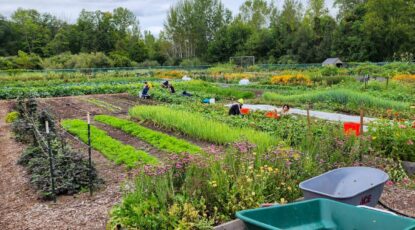Education & Society
-
Braiding heritage and education: Michigan program redefines paths for Native students
The Indigenous Education Youth Collective program, a research-practice partnership between U-M, Anishinaabe youth and families, and Lake Superior State University, inspires Native students with the support and direction they need to pursue higher education.
-
U-M closes on purchase of nearly 2.3 acres in Detroit
In December 2024, U-M closed on a $9.5 million purchase of land at 2201 W. Grand River Ave. from MGM Grand Detroit that is expected to support the future needs of the U-M Center for Innovation. Part of the nearly 2.3-acre parcel, strategically located across the street from the UMCI, will be used for a parking structure.
-
Global health equity center receives additional $10M donation
Tachi and Leslie Yamada’s $10 million donation five years ago helped launch U-M’s Center for Global Health Equity. Earlier this year, Leslie Yamada and her family donated an additional $10 million to the center, a portion of which has been used to name the center’s directorship, held by Joseph C. Kolars.
-
Michigan fan saved after wife recognizes stroke at football game
Scott Everett arrived at the hospital within 30 minutes of his first symptoms. Imaging showed a clot in his brain’s middle cerebral artery, a major vessel that supplies blood to parts of the frontal, temporal and parietal lobes. It is the most common artery involved in acute ischemic stroke.
-
Civil solutions: Clinic lifts legal burdens for veterans
Since opening in 2015, the Veterans Legal Clinic at the U-M Law School has provided free services to clients in such civil matters as family law (divorce, custody, support, and visitation), eviction, consumer problems, foreclosure, and employment cases. As a population, veterans have a disproportionately high need for attorneys in these legal areas.
-
5 ways to manage politically induced stress
No matter where you fall on the political spectrum, a psychiatrist offers strategies for how to be mindful of depression and anxiety symptoms around the topic.
-
Stopping the stigma
For the next three years, surgeon Carrie Cunningham, M.D., ’01, must blow into an at-home breathalyzer before she leaves for work. She is required to blow three times a day, seven days a week. Cunningham is not alone among her peers. She is using her recovery from substance use disorder to speak out about mental health stigma among physicians.
-
U-M receives $50M gift for pancreatic cancer care, research
The gift will create the Rogel and Blondy Center for Pancreatic Cancer. The center will provide support for clinical care and translational research, playing to the strengths of the Rogel Cancer Center’s team of 60 doctors and scientists from 10 departments already working in this area.
-
Harvest time: Community farm rekindles interest in growing and preserving food
While working as a nurse practitioner in Midland, Michigan, alumna Beth DeVries was surprised to learn how many people were not able to afford fresh fruits and vegetables. Knowing how much good health relies on good food, she decided to take action. In 2018, DeVries founded Phoenix Community Farm.

